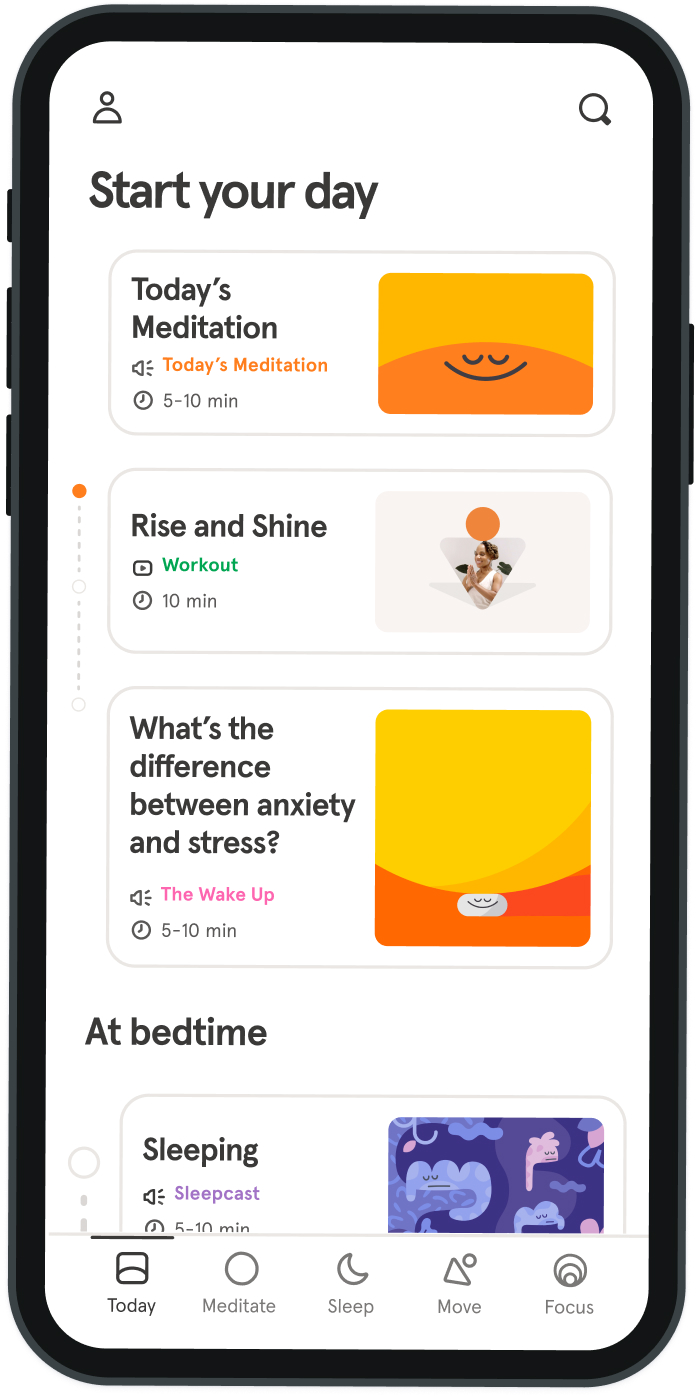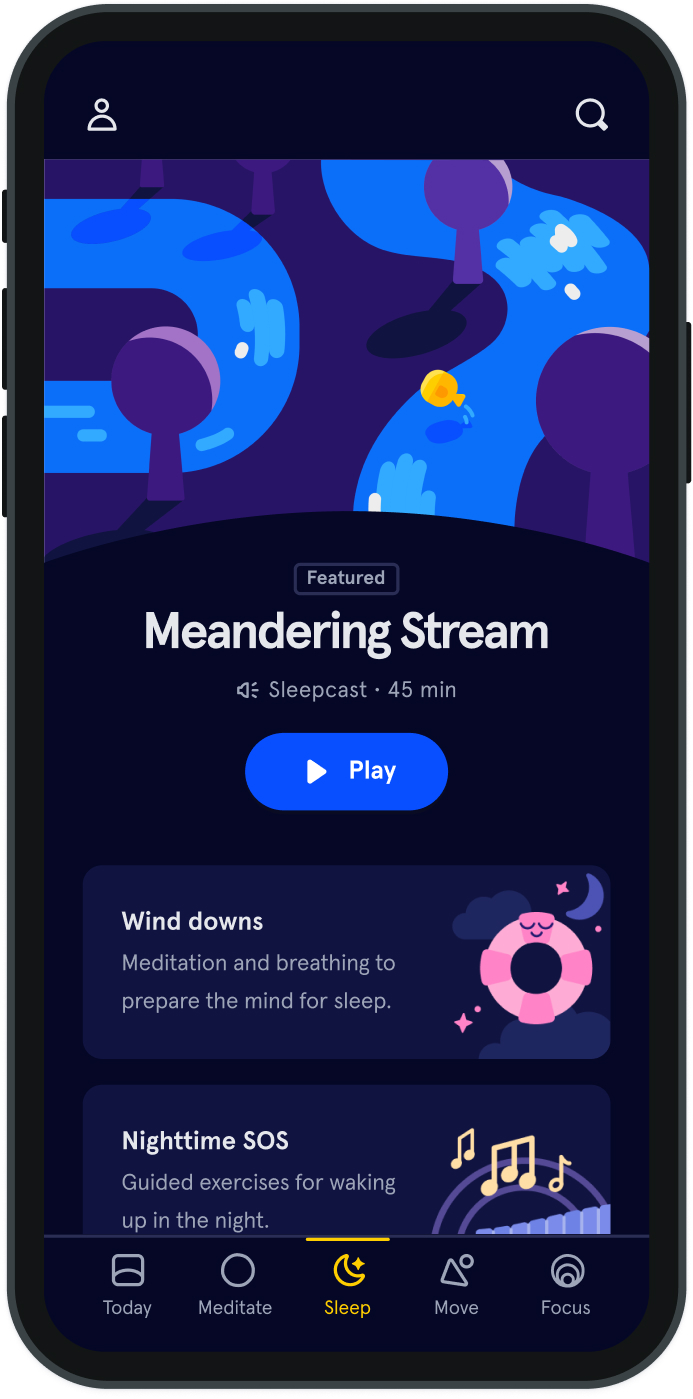“What have I done with my life?” Why “30 Under 30” lists make us feel terrible
You’re flopped on the couch, sweatshirt dusted with kale chip crumbs. Across the room, Netflix asks if you’re still there, but you can’t break stride on your Twitter scrolling. Then, you see it. Only one tweet, at first, but soon your whole feed is abuzz. It’s official: another “30 Under 30” list has dropped.
You click on the article and search in vain for your name through the roundup of accomplished and prestigious twentysomethings. Maybe they just forgot to notify me, you tell yourself. But after you scroll past one, two, three profiles—and counting—you’re met with a familiar sinking feeling of inadequacy. Now you’re thinking: what have I done with my life?
While such articles may aim to inspire the reader, “30 Under 30” lists often have an inverse effect. In fact, they can make us feel downright awful. The Danger of ‘Success Lists’ “In a chaotic and seemingly random world, lists serve to ground and direct us,” said Dr. Paul L. Hokemeyer, a clinical and consulting psychotherapist. “The problem is that they often direct us down an inauthentic path.” These lists are based on a presumptive standard of success and happiness, he explained, rather than a standard that mirrors back our unique identity as human beings. Dr. Alicia Farrell, a cognitive psychologist, added, “These lists are not scientific or a representation of some universal truth about how best to live our lives at a certain age. Using them to evaluate our self-worth instead of thinking for ourselves based on our own values, needs, and wants is inherently dangerous.”
Another reason why success lists can trigger feelings of insufficiency—and even sadness or dread—is that they’re often centered upon youth. They imply that once we’ve reached a certain age we may have missed the boat on important milestones (and without a backup raft in sight). Even if you’re young, a feeling of being pressed for time can be crushing. “Historically in our culture, we have stereotyped getting old as a death march overwhelmed with loss and not a lot of gain,” said Dr. Farrell. “Under that umbrella, youth becomes the holy grail when life is at its best. Of course, all of us older folks know that is complete bunk.” Using ‘Success Lists’ for Good Ultimately, lists describing such success can be thought-provoking—they can help us clarify our values and kickstart desires to set and work toward personal and meaningful goals. _[_Editor’s Note: unclear on what those goals are? Listen to our podcast on cracking the code to motivation and your dreams.] “The key is using them as guidelines for inspiration rather than become slaves to their demands,” said Dr. Hokemeyer. “This, of course, requires us to approach them in the framework of the Buddhist middle path: moderation is key.”
Next time you click through one of these lists, try the following:
- Approach the list with a sense of humor; don’t give it more power that it deserves.
- Make a counter list. “For each suggestion, write down an antidote—an accomplishment you've already ticked off,” said Dr. Hokemeyer. “Then sit back and relish in the wisdom and satisfaction of being exactly where you are in life.”
- Remind yourself that others’ victories bear no holding on your own, and shouldn’t dampen or deter you.
- “Regardless of your age, remember that you will never be younger than you are today. The same will be true tomorrow and the next day. Take a big bite out of life in your own way and on your own terms,” said Dr. Farrell.
To find personal success, you don’t need to explore four continents, master an instrument, and start a globally-recognized business before your 30th birthday. Instead, it’s best to abide by your own internal measurements of success, which are often synonymous with peace of mind, contentedness, and a sense of well-being. By seeking these three qualities, we can ground ourselves in ourselves rather than in externally constructed clichés.
These lists are not scientific or a representation of some universal truth about how best to live our lives at a certain age.
Wendy Rose Gould


Be kind to your mind
- Access the full library of 500+ meditations on everything from stress, to resilience, to compassion
- Put your mind to bed with sleep sounds, music, and wind-down exercises
- Make mindfulness a part of your daily routine with tension-releasing workouts, relaxing yoga, Focus music playlists, and more
Meditation and mindfulness for any mind, any mood, any goal

Stay in the loop
Be the first to get updates on our latest content, special offers, and new features.
By signing up, you’re agreeing to receive marketing emails from Headspace. You can unsubscribe at any time. For more details, check out our Privacy Policy.
- © 2025 Headspace Inc.
- Terms & conditions
- Privacy policy
- Consumer Health Data
- Your privacy choices
- CA Privacy Notice
